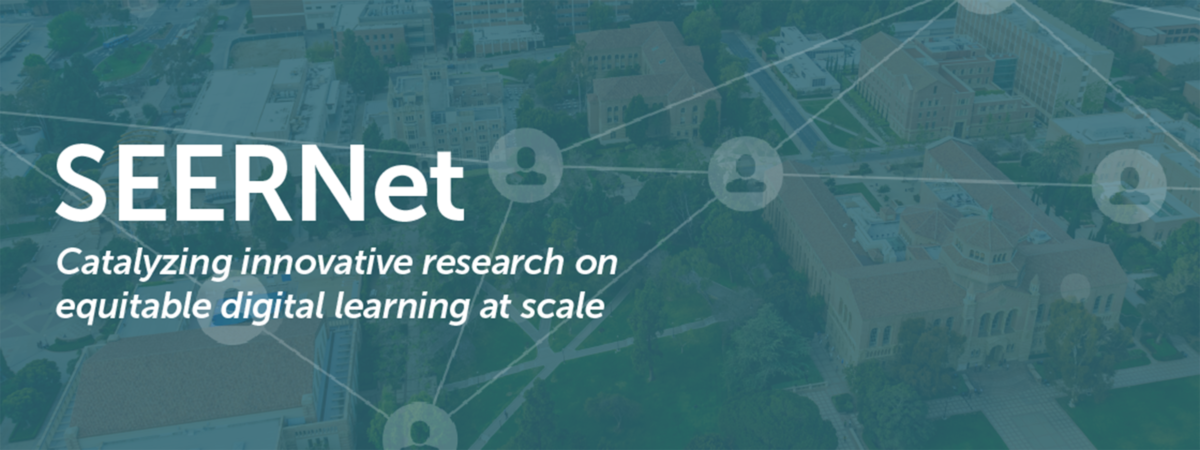
March 31, 2022 | By Stefani Pautz Stephenson and Jeremy Roschelle
Next Generation Learning Research
Two recent developments will enable next generation learning research. First, students have shifted from paper and pencil to using digital learning platforms (DLPs) for most of their learning. This is true for students of widely varying backgrounds as well as those who learn in very different conditions and settings, such as both remote and in-person learning, both in small groups and individually, both rural and urban. Second, platforms are agreeing to open up so that researchers can study how to improve learning within students’ experiences on their platform.
Leveraging DLPs creates opportunities for researchers to ensure that findings are timely and relevant. The DLP can collect data as students engage in day-to-day educational experiences with the platforms they already use. For example, students might engage in routine math practice and receive varied feedback, and at the same time, researchers can gather the data needed to answer questions about which feedback might work best and for whom. With this open-science approach, the chasms between research insights and widespread improvements may be reduced.
SEERNet is a new community that leverages these opportunities, seeking to bring together researchers, educators and platform developers to define a next generation of research on learning.
“The past 20 years we’ve been invested in digital learning and I’m really excited about this taking us into the next generation of how we can use digital platforms to increase the knowledge we generate through the scientific work we complete.”
– Liz Albro, Commissioner of Education Research at the Institute of Education Sciences
As network lead, Digital Promise facilitates collaborations between DLPs, researchers, and education stakeholders. Since October 2021, we’ve engaged with developers, including working with the DLPs to discuss what each contributes, and how, as a network, they can strengthen each other. The five DLPs selected by IES to launch SEERNet have the power of scale: MATHia/UpGrade, ASSISTments ETRIALS, Canvas + Terracotta, ASU Online, and Kinetic by OpenStax each have at least 100,000 users. In the future, additional platforms might be added.
“There are a number of questions about data privacy and equity issues, I’m hoping what’s coming out of this is … common frameworks and tools for doing the things we have in common.”
– Steve Ritter, Founder and Chief Scientist, Carnegie Learning
Simultaneously, we plan to bring researchers into the mix. In the next year, IES plans to call for proposals from research teams that would like to conduct research using the platforms, and to provide funding to the winners. These research proposals might conduct exploratory research with platform data, design research to test promising improvements, or even replication research to find out if a known principle pays off in realistic educational settings. SEERNet will help researchers understand what the platforms offer and what they need to do to propose a study.
The ultimate goal of SEERNet is to enable DLPs to support even more researchers—including expanding the diversity of the research community through connections with Historically Black Colleges and Universities (HBCUs), PhD candidates, and IES training institutes—as they ask questions that are highly relevant to practitioners and enhance the potential for improving practice and student outcomes.
Concurrently, SEERNet will work with educators and educational leaders to ensure the research generates knowledge and practical recommendations that address schools’ and districts’ most pressing challenges.
Want to know more about SEERNet?
By Dr. Kyle Dunbar and Katie Wilczak
By Elliott Barnes and Sara Mungall